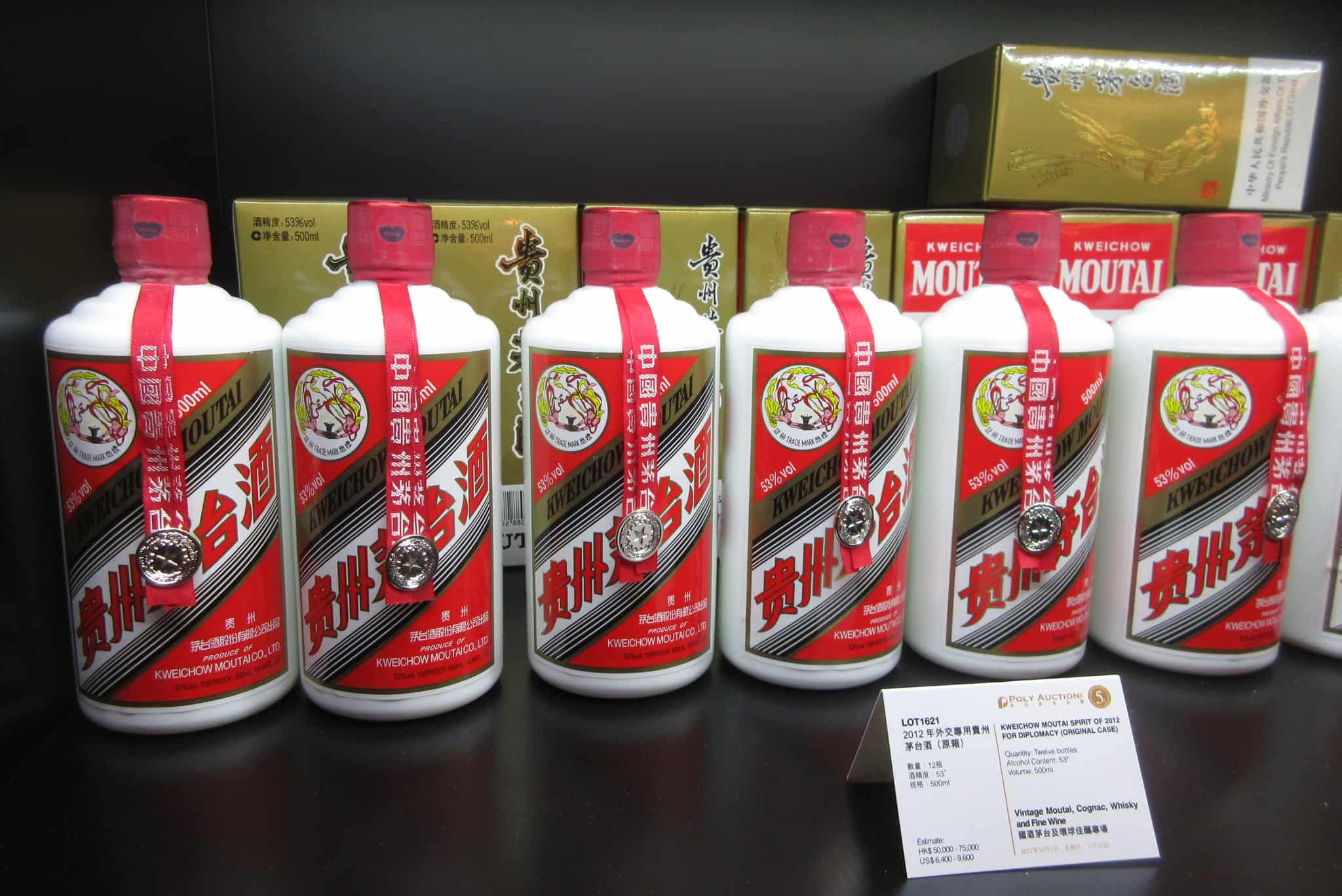In March, Kweichow Moutai became the world’s most valuable liquor company, and in June it became China’s most valuable stock. Though many outside of China may not have heard of it, this largely state-owned Chinese company’s main product is a liquor called baijiu, a white spirit distilled from sorghum.
How and why did Kweichow Moutai become so valuable? This week we introduce readers to Kweichow Moutai and explain some of the reasons behind its rise.
Moutai is one of China
Subscribe or login to read the rest.
Subscribers get full access to:
- Exclusive longform investigative journalism, Q&As, news and analysis, and data on Chinese business elites and corporations. We publish China scoops you won't find anywhere else.
- A weekly curated reading list on China from Andrew Peaple.
- A daily roundup of China finance, business and economics headlines.
We offer discounts for groups, institutions and students. Go to our
Subscriptions page for details.
Includes images from Depositphotos.com

